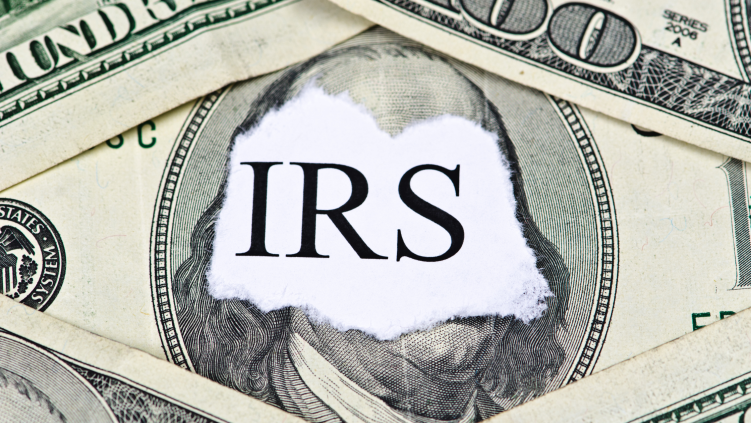In the wake of rampant fraud and errors that have plagued the ERTC program, the IRS recently released some recommendations for businesses grappling with how they should handle this sticky situation.
1. Are you still waiting for your ERTC claim to be paid out?
The IRS stated they will still be processing outstanding claims that were received before the moratorium that took effect on Sept. 14, 2023, but processing times and payments will slow to a crawl. And many applications will now face heightened scrutiny to ensure compliance because the IRS believes a high percentage of claims being filed this late in the game are ineligible.
2. Have you not filed an ERTC claim yet, but were planning on doing so?
The IRS is urging businesses to take advantage of this time during the moratorium to carefully review the ERTC rules. They recommend consulting a trusted professional to make sure the claim is valid, and avoiding firms that came into existence for the sole purpose of aggressively pushing businesses to file claims even when they don’t qualify.
3. Do you need to withdraw an existing claim?
If you have a pending claim, the IRS recommends closely reviewing the program’s guidelines with the help of a knowledgeable and trusted professional. One common error that the IRS has identified is businesses using supply chain issues as the basis for their ERTC claim, and this is not considered a legitimate reason. If a claim has been submitted but isn’t processed or paid by the IRS yet, and the taxpayer now believes it was filed in error, it can be withdrawn even if the case is already under audit or awaiting an audit.
4. Do you need to return a credit that you now realize was received in error?
If you believe you received a credit your business wasn’t entitled to take, there is some help on the horizon – the IRS is launching a settlement program this fall to help businesses repay ineligible ERTC claims while avoiding penalties and other compliance actions. What remains undecided is how the agency will handle the issue of businesses that lost a percentage of the credit as a contingency fee to shady promoters.




